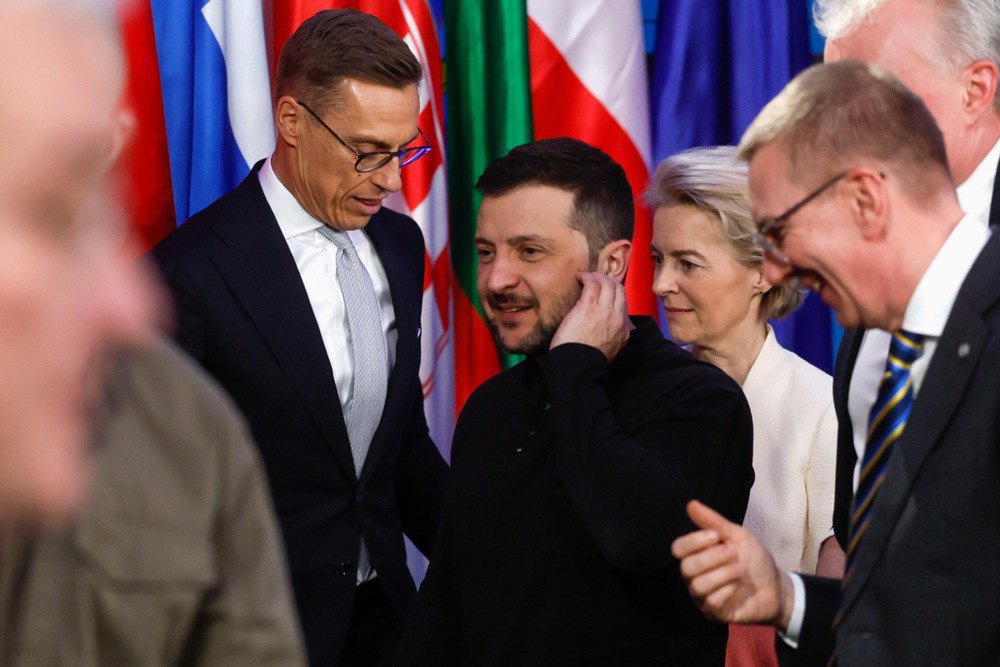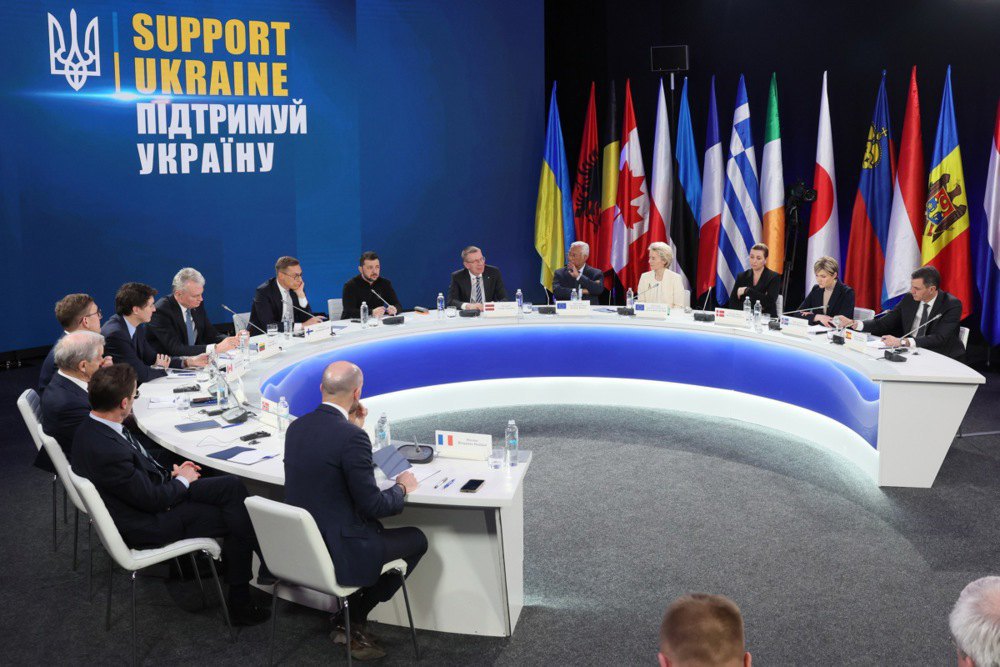
New aid packages
European Commission President Ursula von der Leyen announced that in March, Ukraine will receive €3.5 billion in aid from the EU.
According to von der Leyen, the EU and its member states have provided €134 billion in support - more than any other country. “Thanks to our Ukraine Facility and the G7 loan, we have closed Ukraine’s budget deficit for the whole of 2025,” she stated. She also emphasised the need to accelerate the urgent supply of weapons and ammunition, saying this would be “at the centre of the European Commission’s activities” in the coming weeks.
Canadian Prime Minister Justin Trudeau announced that Canada will supply Ukraine with 25 additional LAV III infantry fighting vehicles.
Ukrainian troops will be trained on these vehicles in Germany. In addition to the armoured personnel carriers, Canada will provide landing systems for F-16 aircraft.
“We will also provide four F-16 flight simulators, which will be delivered in the coming months. This is in addition to millions of rounds of additional ammunition, first aid kits, and equipment,” Trudeau said.
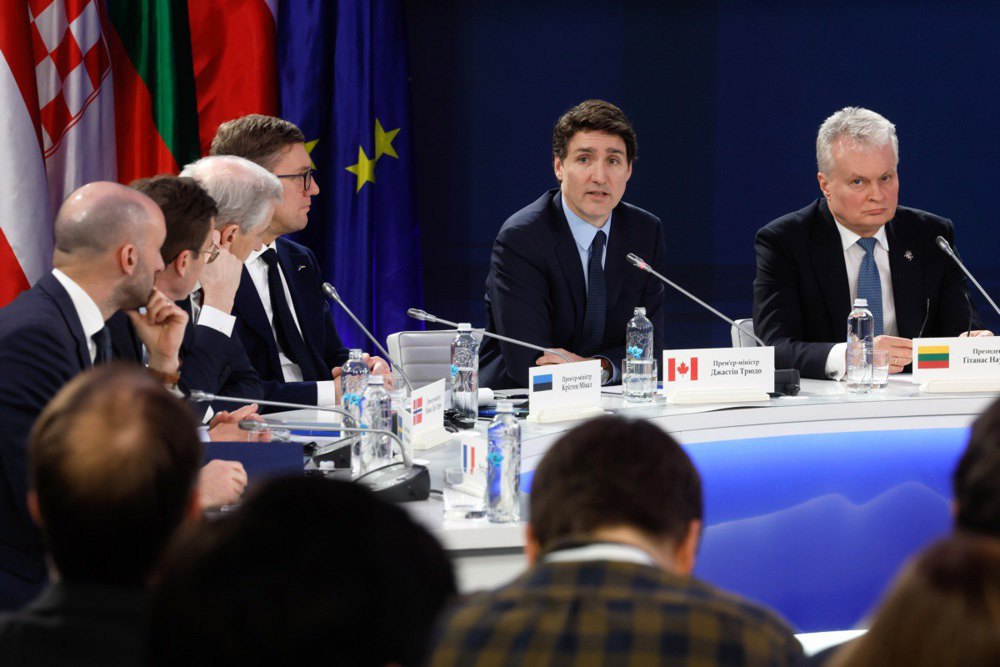
Canada will also allocate $5 million from the proceeds of frozen Russian assets for Ukraine. Additionally, Ukraine will receive a grant to support energy security.
Spanish Prime Minister Pedro Sánchez announced that Spain will provide Ukraine with a new €1 billion military aid package over the next year.
Spain will also contribute to Ukraine’s reconstruction by creating new structures and encouraging Spanish companies to participate.
Sánchez urged for Ukraine’s swift accession to the European Union, calling it an important victory for Ukrainians.
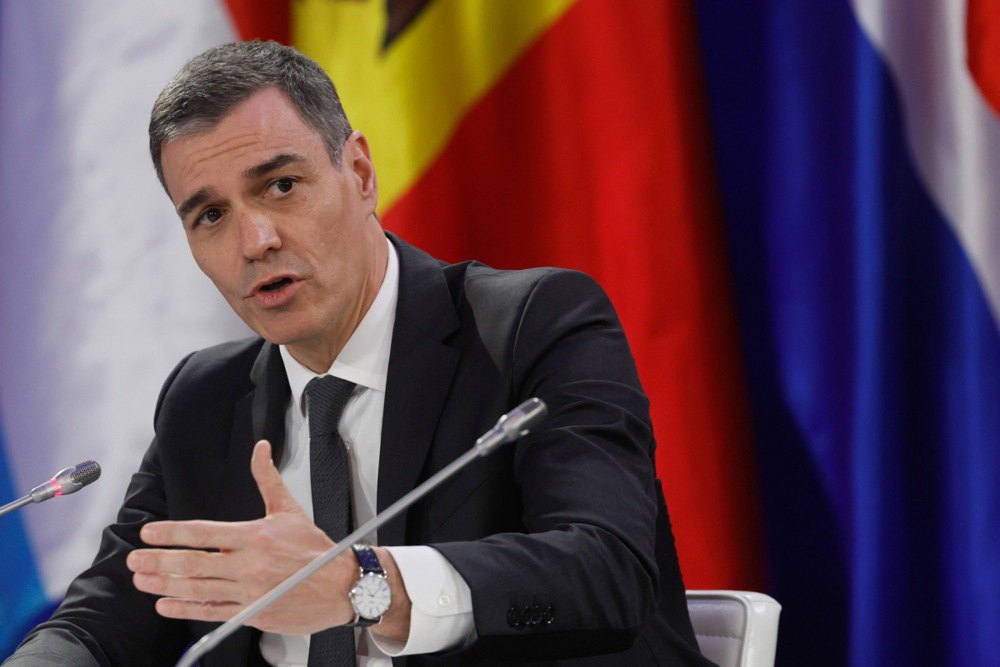
Norwegian Prime Minister Jonas Gahr Støre confirmed that in 2025, Norway will provide €1 billion for humanitarian and civilian needs in Ukraine.
The assistance will be distributed across key sectors:
- Energy security and supply, including nuclear safety and gas procurement
- Humanitarian assistance
- Operational support and rehabilitation
- Business and private sector development
- Civil society initiatives
Additionally, Norway has allocated €4 million in financial guarantees.
“I have heard your request for support in the energy sector, which you mentioned a few days ago. We will provide €300 million in support for the energy sector,” Støre said.
Speaking to Suspilne, President of the European Council António Costa reassured that EU countries will not demand natural resources from Ukraine in exchange for aid.
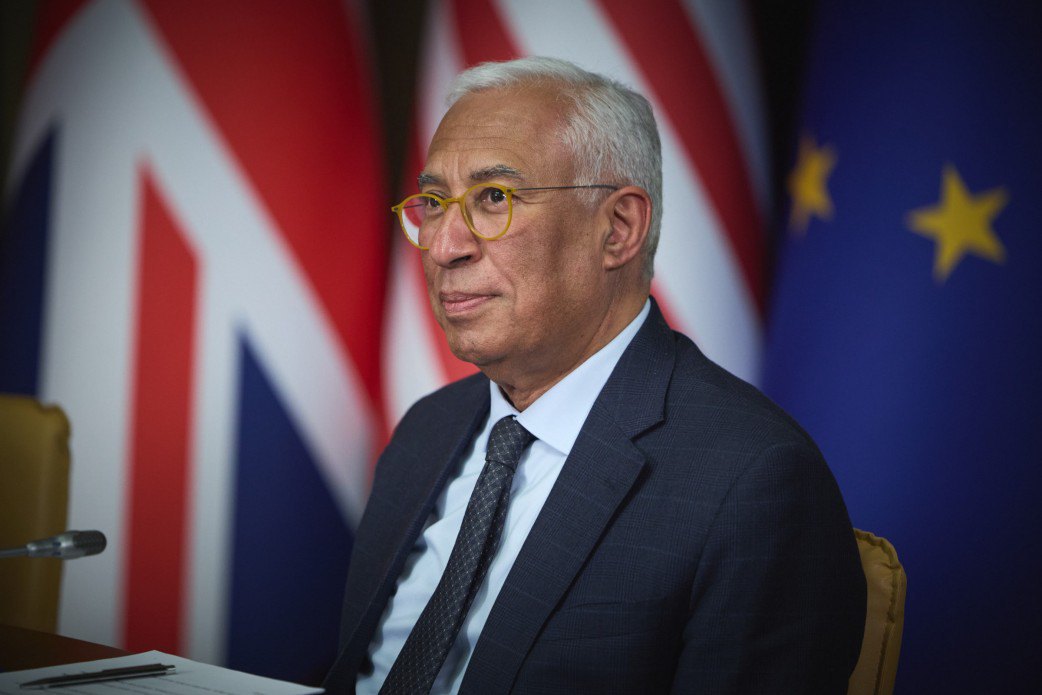
“Over the last three years, the European Union has been a major donor supporting Ukraine. We are doing this for Ukraine, for Ukrainians, and for European security - without taking any of Ukraine’s natural resources in return,” Costa said.
Steps to end the war
At a press conference following the forum, Ukrainian President Volodymyr Zelenskyy expressed hope that the war in Ukraine could end by the end of this year.
However, he stressed that the aggressor could return at any time, making stronger security measures crucial.
“They will not return if we push them back to their territory and if Ukraine joins the EU and NATO in the near future. They will not come back if we have a strong army, alliance, and unity,” Zelenskyy said.
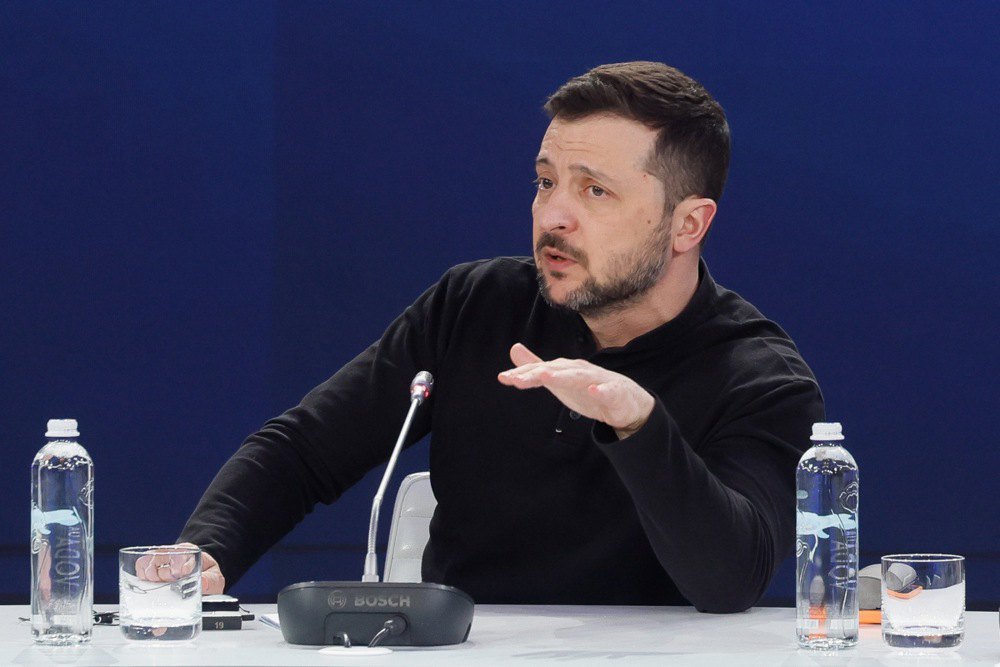
He also reiterated that Ukraine is ready to exchange all prisoners for all prisoners, urging Russia to release Ukrainians who have been held captive not only since 2022 but also since 2014.
According to him, ending the war should begin with steps that restore trust, as there is currently no trust in Russia.
“One such step could be the release of thousands of prisoners held in Russia - some of them since 2014, when Russia should have released them. Ukraine is ready for an all-for-all exchange, and that is the fair solution,” Zelenskyy stated.
Regarding potential negotiations, Zelenskyy insisted that Ukraine must be at the table alongside Europe.
“Russia’s strategic target is Europe and the European way of life. Therefore, Europe’s security and future must not be decided without Europe. Ukraine, Europe, and America must be on one side of the table, facing Russia, to prevent another so-called ‘normalisation’ or ‘reset’,” he said.
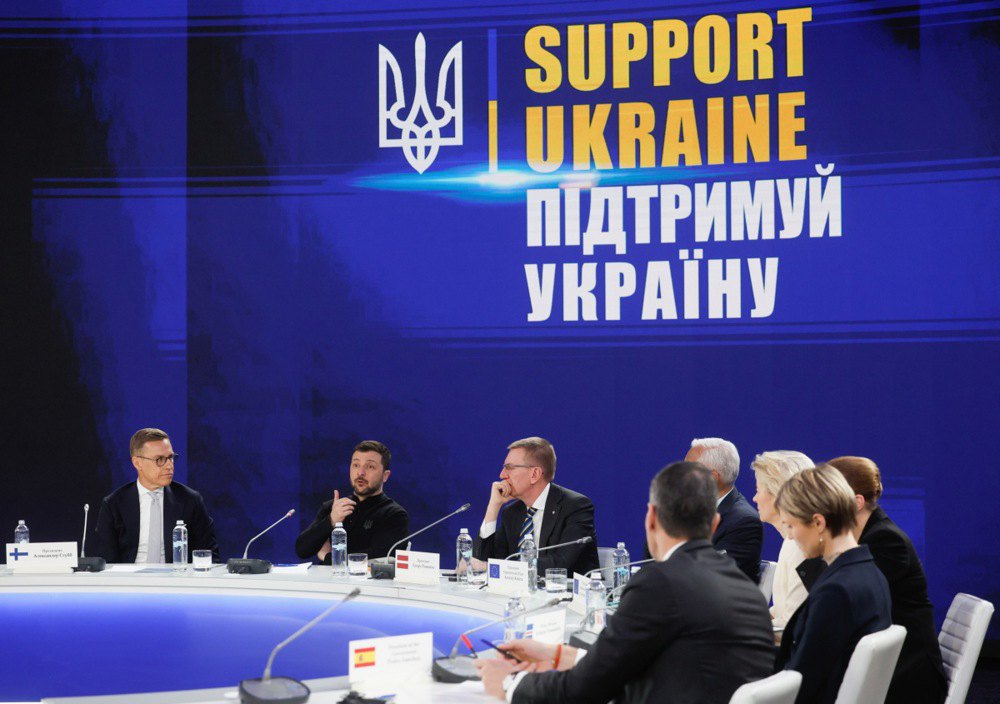
President of Finland Alexander Stubb called on Europe to develop a concrete strategy for negotiations with Russia to end the war.
“In my view, such a plan should have three phases.
- The preliminary phase - where we are now - should focus on increasing pressure on Russia while better supporting Ukraine and discussing security arrangements.
- A ceasefire phase, during which negotiation modalities and a roadmap should be outlined.
- The final peace phase, addressing major territorial issues, compensation, and justice - as President Zelenskyy highlighted earlier,” Stubb explained.
He stressed that Europe must act collectively and present a plan to the United States.
“If you don’t show the Americans a clear strategy, you will not be included in the negotiations. Right now, discussions are happening without us, without a plan, without a strategy. That is why this meeting is so important, and why the next two weeks are crucial for Europe’s security,” Stubb stated.
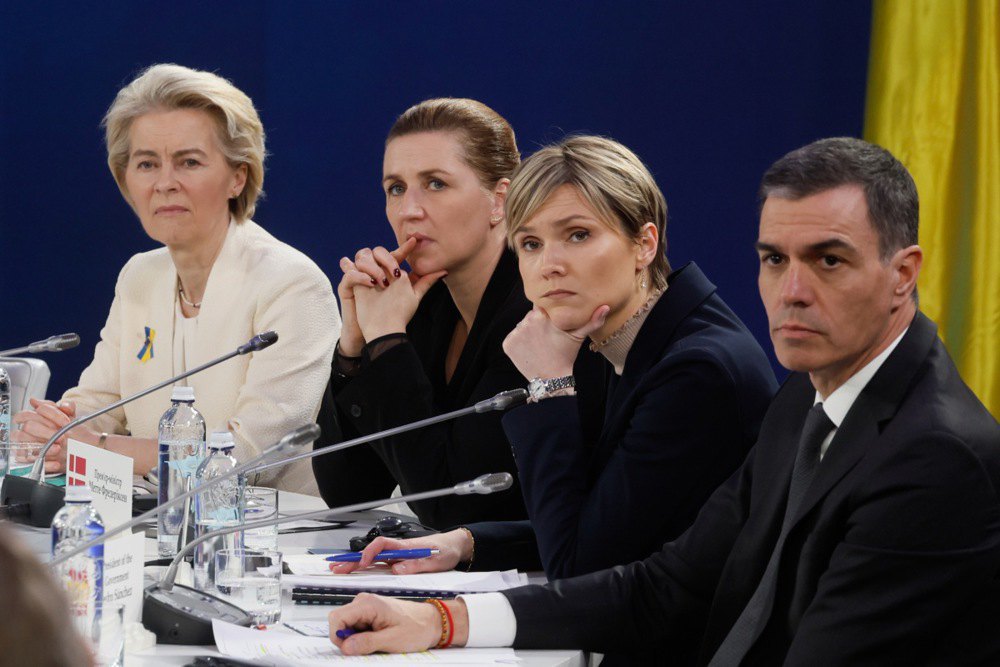
European Commission President Ursula von der Leyen said it was too early to discuss lifting anti-Russian sanctions while Russia’s aggression continues.
“If Russia shows genuine intent for peace, backed by concrete actions, then we can consider lifting sanctions. However, there is currently no long-term peace agreement, so it is too early to discuss this possibility,” she said.
Lithuanian President Gitanas Nausėda proposed granting Ukraine EU membership on 1 January 2030, with negotiations starting in the coming weeks.
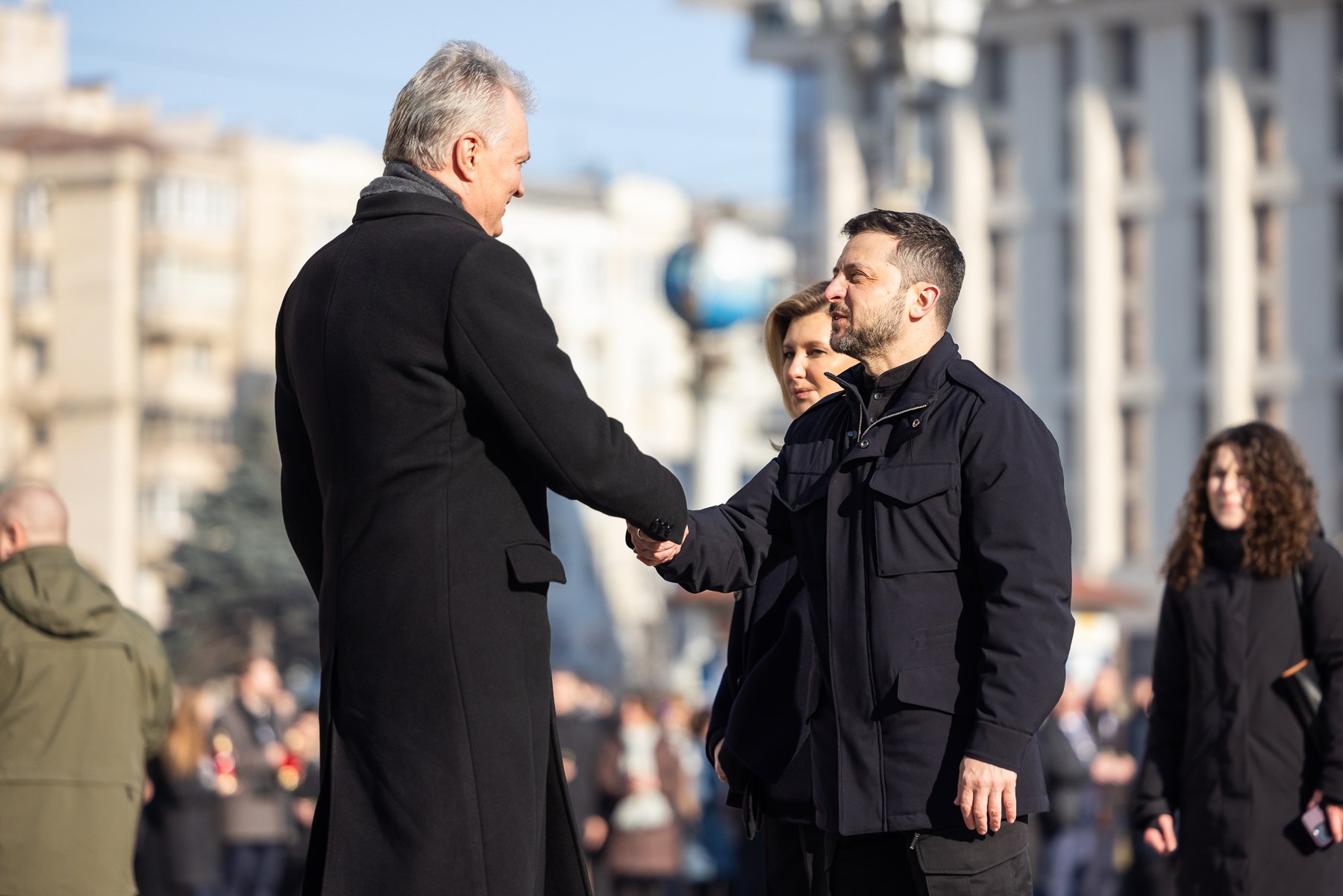
At the final media briefing, Nausėda noted that Ukraine has made significant progress in preparing for EU accession and reaffirmed that 2030 is a realistic target date.
“This is a matter of political will. NATO membership depends on other allies’ decisions, but Ukraine’s EU membership is in our hands - the hands of EU members and Ukraine itself. Ukrainians are doing an incredible job, even under these difficult circumstances. So yes, this is an ambitious but realistic goal,” he said.
However, Ursula von der Leyen stated that Ukraine could join the EU even earlier than 2030 if it continues its reforms at the current speed and quality.
